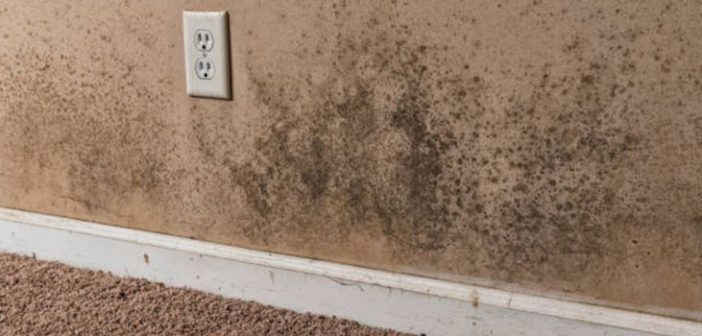The major cause of mold in your home is a result of excess moisture. Very often that moisture is a result of water damage caused by leaks. Some water leaks are obvious, like leaky faucets. Unfortunately, not all leaks are visible. Because of this, you could have an unknown water leaking problem in your home that is causing mold to grow. How can you fix a water leak if you don’t know where it is? According to Melbourne leak detector, water leaks that are hard to locate require specialized skills and leak detection equipment. Do not ignore water problems or visible mold in your home. Call a professional if you need help evaluating, analyzing, identifying, and fixing small problems before they turn into larger ones.
Mold is a type of fungus that lives both indoors and outdoors. It can come into your home through your windows, doorways, heating and air conditioning systems, and vents. Mold can also get into your house by adhering itself to your clothes, bags, shoes, and pets.
The most common rooms in your home where mold might grow are your basement and your bathroom. Take care of obvious leaks quickly to avoid extensive damage. Even if you are meticulous and clean your bathroom and basement often, if you have a hidden water leak, mold will continue to grow. You might need to hire a professional with the right equipment to find that leak and fix it.
One example of a common type of mold is mildew. All molds thrive in humid, damp, and warm environments such as pipes, roofs, and windows.
Damage to your Home
Mold outside your home is a common occurrence and hard to avoid. Wood is especially vulnerable to mold and can literally erode over time with too much exposure that may compromise your house. There are some things you can do to minimize or prevent damage to the outside of your home.
- Use mold-resistant paint
- Maintain your rain gutters by removing debris
- Keep leaves and other debris off your roof
Most people wouldn’t be surprised to find mold in their attics, basements, and bathrooms. It is not as well-known that mold sometimes makes its home inside your heating, ventilation, and air conditioning (HVAC) systems. Mold inside HVAC systems can cause a lot of damage because it is not easy to remove it and because it can spread quickly through your air ducts to the rest of your house
To protect your home from the damage caused by mold, you will want to do your best to prevent it from spreading. Start with keeping trees and shrubs trimmed and away from the outside of your house. You can also try mixing bleach with water, spray it onto the exterior of your house, leave it on for about 20 minutes, and then rinse it off. Another option suggested by Todays Home Owner is to mix up a solution of TSP (trisodium phosphate) and follow the directions described on the box.
The Effects of Mold on Your Health
The most commonly known mold that can adversely affect health is toxic black mold (Stachybotrys chartarum). It releases spores that when inhaled or ingested can cause some people to become ill. The most common symptoms are sneezing, coughing, eye irritation, headaches, and rashes. Prolonged exposure to black mold can be very dangerous, especially to those who are allergic to it. The elderly, infants, children, people with compromised immune systems, and those with chronic lung disease are more sensitive to the effects of black mold than others.
Control the Mold
You want to do your best to prevent the growth of black mold in your home for the sake of your family’s health and the condition of your house. The best way to prevent it is to reduce the moisture in your home. If you know where the moisture is coming from, get it fixed. If you don’t, you may need to contact a professional to help you find the source of the excess moisture in your home. More than likely it is a hidden water leak. A few other things you can do to prevent mold spores from growing and spreading are:
- Control the humidity in your home by using dehumidifiers
- Don’t leave water that might make it into your home through an open window or door. Dry the wet areas as soon as you can
- Keep air conditioning drip pans clean
- Repair any leaks both inside and outside
- Keep rooms with doors open to increase air circulation
Hire a professional to check your heating and cooling systems periodically to make sure they are functioning properly to keep your home and your loved ones safe from the effects of mold.




